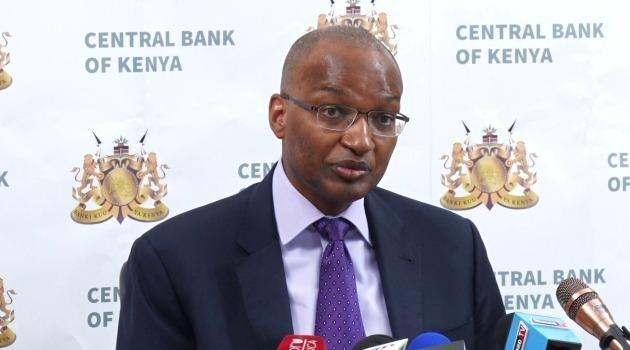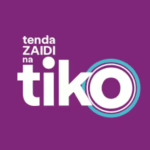Central Bank of Kenya Governor Dr. Patrick Njoroge during a press briefing in Nairobi, Kenya/ CBK.
NAIROBI, Kenya Feb 25- The Central Bank of Kenya (CBK) is looking to work with stakeholders in the telco industry to cushion consumers from unreasonably high transaction charges for digital payments.
Speaking during the launch of the National Payments Strategy 2022-2025, CBK governor Patrick Njoroge said the regulator is working to roll out pricing principles to determine the pricing of digital payments.
“While the recent improvements in various payments channels have been commendable, the same has not been reflected in terms of pricing of various payments services,’’ Njoroge said.
Consumers using digital wallets and mobile money continue to incur high transactional charges, especially for cross-network transfers, despite the industry enabling interoperability of mobile wallets in 2018.
He added that the lack of an effective and easy-to-access mechanism to address price-related complaints, particularly on digital channels, has undermined trust.
To curb the high transaction charges, CBK is planning to introduce Central bank digital currency (CBDC), a virtual currency that will be exchangeable on a one-to-one basis with physical cash.
It will work in a similar way to the existing mobile money products in the market but will mainly target cost reduction and easing transactions across different platforms.
Early this month, the regulator issued a discussion paper of CBDC for public participation.
Kenya is the global pioneer of mobile money transfer and has seen volumes since 2007.
The latest data by CBK shows Point of Sale Transactions have grown to 35 million from 10 million in the past decade, with its value rising to close to Sh200 billion last year from Sh50 in 2010.
The data further shows that volumes of the bank to bank transactions have grown from 20 million in March 2019 to almost 700 million in November last year.
Additionally, the volume of mobile money cash in and out transactions at agents has increased to two billion from less than 500 million in 2010.
The value of transactions hit Sh6 trillion last year.
The adoption of digital transactions has weighed down on traditional channels, with currency in circulation as a share of GDP dropping from 4.6 percent in 2010 to 2.7 percent last year.
The cheque value as a share of GDP also shrunk by over 100 per cent to 22 per cent last year compared to 57 percent in 2010.



















